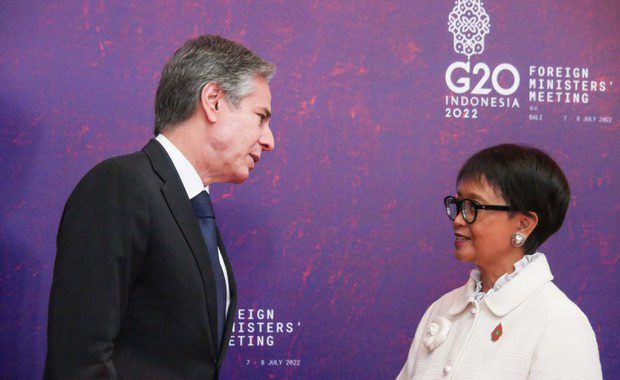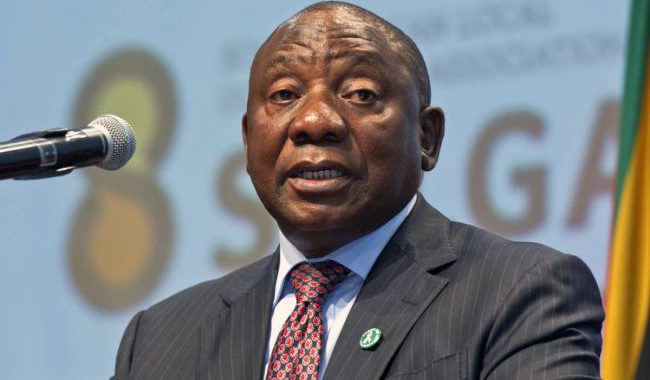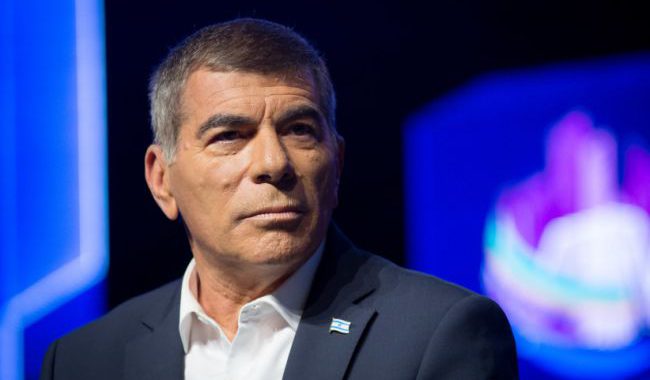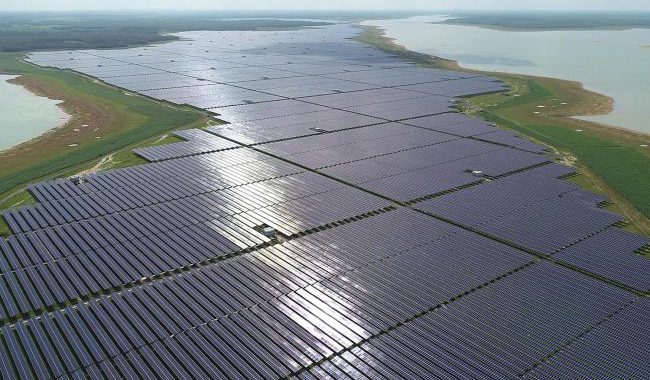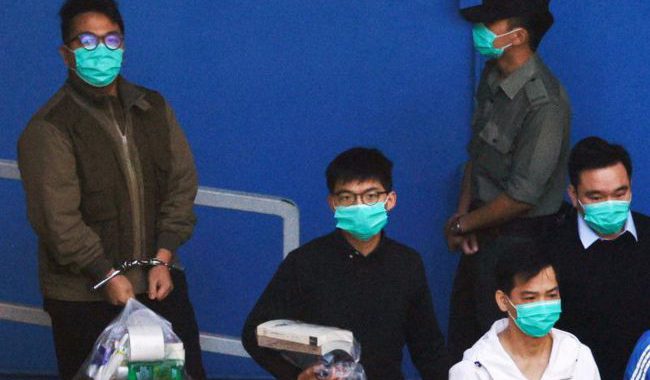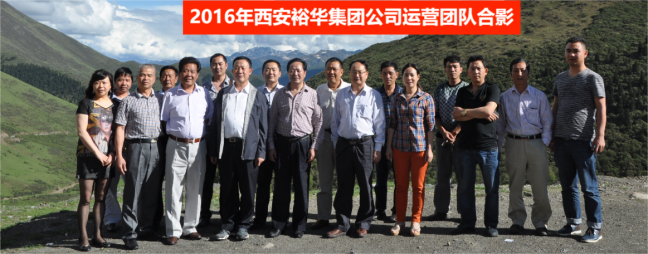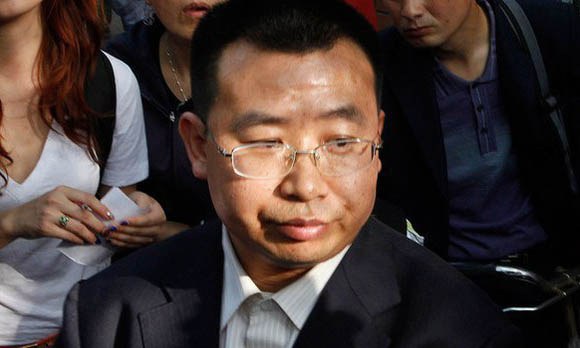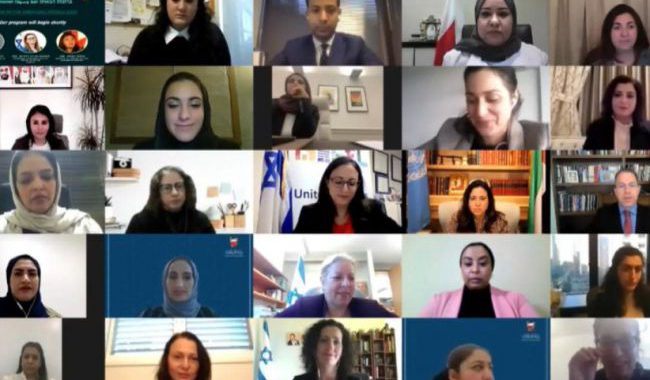High Court to decide fate of Haitians on Thursday

-nationals complain of inhumane treatment, insanitary conditions while in custody
By Naomi Parris
A TOTAL of 26 Haitians, who are currently in protective custody at the Hugo Chavez Centre for Rehabilitation and Reintegration at Onverwagt in Region Five, have moved to the High Court, seeking their release as they complain bitterly about “inhumane treatment and insanitary conditions” they have been forced to endure for the past three weeks.
A Habeas Corpus was filed in the High Court last week by President of the Association of Haitian Nationals in Guyana, Kesnel Toussaint, through attorney Darren Wade.
In his affidavit, Toussaint told the court that just a few hours after arriving in Guyana on November 7, the Haitians were apprehended by the police. A group was removed from the Bristol and Bristol Hotel, located on South Road, Georgetown, while another group was arrested on the Linden-Soesdyke Highway.
The police claimed they were suspected to be victims of a human trafficking ring but the Haitians have denied that.
Toussaint stated that since their detention, three weeks ago, the Haitians have been denied Counsel, although several requests were made.
He contended in the affidavit that the Haitians arrived here legally and were granted an automatic six-month stay in keeping with Guyana’s obligation to the Treaty of Chaguaramas.
On Friday last, the case, brought against the Commissioner of Police, Nigel Hoppie, and the Attorney General, Anil Nandlall, came up before Justice Priya Sewnarine-Beharry.
Based on a request made, the court ordered the Attorney General to file an affidavit of defence by the end of the month. Toussaint has until December 2, 2020, to file an affidavit in reply. The court is set to rule on December 3, 2020 on the matter.
INHUMANE TREATMENT
Several of the Haitians, on Sunday, voiced their complaints to their attorney during a Facebook live. During the live stream, the Haitian nationals can be heard saying: “We need our passport, we need our freedom” as they pleaded with the relevant authorities to release them from the holding centre.
Speaking through a translator, one Haitian said, “Here the situation is very very bad, bad food. Sometimes when you want water, you have to buy water; you have to buy food and the delivery can take a long time.”
Another said, “We want our passport and our freedom. We cannot live like animals. My home in Dominican Republic; I have my dog, my cat and I don’t treat them like that.”
Meanwhile, an elderly Haitian woman, who is also being housed at the facility, broke down in tears as she spoke to Wade. The woman, through an interpreter, said that she has never lived in such a bad situation.
In response, Wade, who was also brought to tears, while trying to comfort the woman said, “I was raised by my grandmother…so it’s hard for me to see her in this condition. No human being should be in this position. This is terrible, this is embarrassing. Nobody should be under this condition.”
Upon entering the facility, Wade was made to understand that there was no running water and the men and women were forced to sleep in the same dormitory.
He also made a donation of dry food items and water to the Haitians.
Last week, Home Affairs Minister, Robeson Benn, disclosed that approximately 33,000 Haitians have been reported as “missing” in a three-year period following their arrival in Guyana.
Benn had said that the 26 Haitians, inclusive of seven children, were part of a human trafficking ring.

